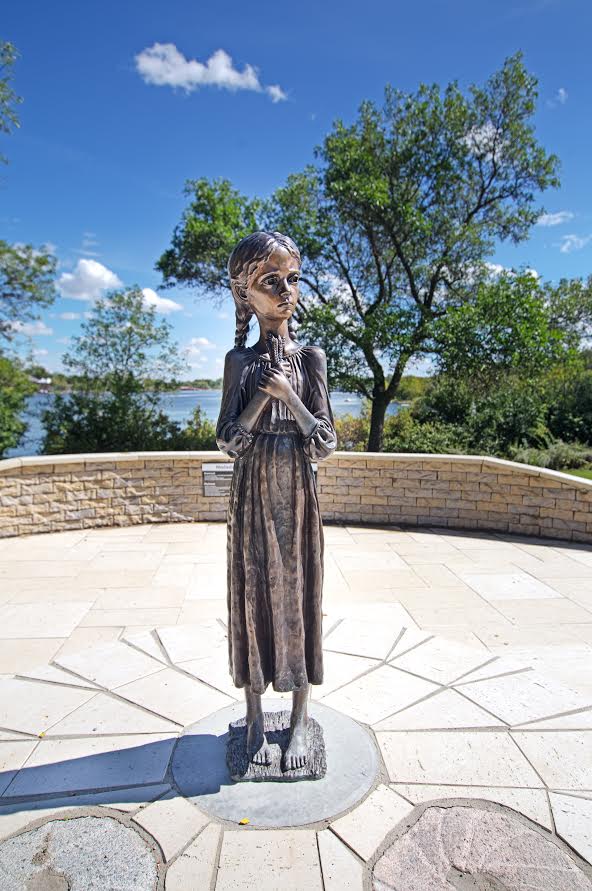Released on November 20, 2017
Minister Responsible for Saskatchewan-Ukraine Relations, Greg Ottenbreit, joined with members of Saskatchewan’s Ukrainian community and Saskatchewan’s Legislative Assembly in a service to remember those who perished during the Ukraine famine in 1932-1933. A memorial candle was lit and will remain lit during Holodomor Memorial Week to show solidarity with those around the world marking the Holodomor genocide.“It’s important for people in Saskatchewan and around the world to reflect on this dark page in our global history,” Ottenbreit said. “Today we remember the Holodomor victims, and honour the survivors by ensuring this genocide isn’t forgotten.”

Holodomor means “extermination by hunger” in Ukrainian. In 1932-1933, Joseph Stalin imposed a man-made famine, killing up to 10 million people. Those years had significant grain crops, which were confiscated by the government. The regime then imposed regulations preventing people from leaving their communities in search of food.
The Legislative Assembly of Saskatchewan was the first jurisdiction in North America to recognize this genocide with the passing of The Ukrainian Famine and Genocide (Holodomor) Memorial Day Act in 2008.
The memorial service is held in conjunction with Holodomor Memorial Week, November 20 to 26. International Holodomor Memorial Day is recognized on the fourth Saturday of November and this year falls on November 25.
-30-
For more information, contact:
Lauren Golosky
Intergovernmental Affairs
Regina
Phone: 306-787-4031
Email: lauren.golosky@gov.sk.ca
